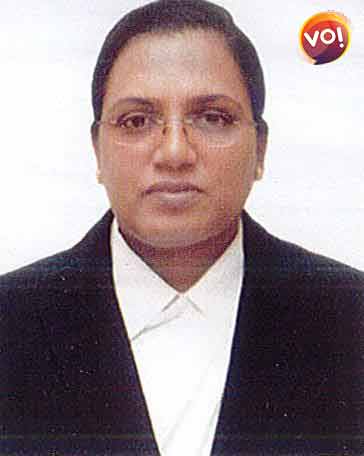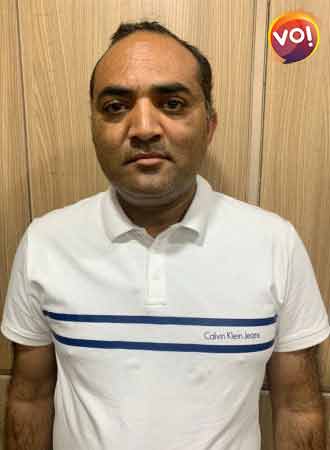The Gujarat High Court granted bail to the accused, Nileshbhai Natubhai Patel, the Director of Madhav Copper Ltd, allegedly involved in 137 crores Input Tax Credit (ITC) scam while observing that there should not be any indiscriminate use of Section 69 of the Central Goods and Services Tax (CGST) Act, 2017.
The Single Bench of Justice Gita Gopi observed that in this case, the allegations are of wrongfully availing Input Tax Credit to the tune of Rs.138.71 Crores. Almost 39 firms are alleged to have illegal dealings with M/s. Madhav Copper Limited. The authority has alleged that without any bills/invoices, the accused had shown the suppliers only on paper without any actual transfer of the goods and in conspiracy with the shell companies had defrauded the Government Exchequer to the tune of Rs.138.71 Crores, while on the contrary, the accused has stated that he was dealing in the purchase of goods under tax invoices after verification of the registration on the web portal of GST Department.

Following this the High Court has allowed the petition and directed to release the accused on regular bail on executing a personal bond of Rs.2,00,000/- (Rupees Two Lacs Only) with one surety of the like amount to the satisfaction of the trial Court and subject to the conditions.

The petitioner advocate ND Nanavaty submitted that before exercising the delegated power under section 69 of the GGST (Gujarat) Act the Commissioner should have to make a proper application of mind and has to give ‘reasons to believe that the person has committed the offence’. Further without any assessment or adjudication or determination of GST, without following the procedure of Chapter XI and XIV, powers under Section 69(1) read with Section 132 of the GST Act, 2017 cannot be invoked.
The counsel for the respondent State submitted that it is the magnitude of the benefit illegally availed to be taken into consideration and the offence can be classified under Class ‘A’ and by running a Company by fake purchases, the accused has defrauded the State Exchequer of almost Rs.138.70 Crores.
The Court relied on the Arnesh Kumar v. the State of Bihar that for the offences punishable with imprisonment for a term less than 7 years or extend up to 7 years with or without a fine, the arrest of the accused can only be made when there is an exclusive necessity for arrest.
Justice Gita Gopi said, “Taking into consideration the maximum punishment for the alleged offence and the provisions of compounding the offences, this Court deems it just and proper to exercise discretion exercised in favour of the applicant, as the trial will take its own time to conclude.”
Read More: Gujarat HC: Private Schools Can Charge Fees Without Profiteering












